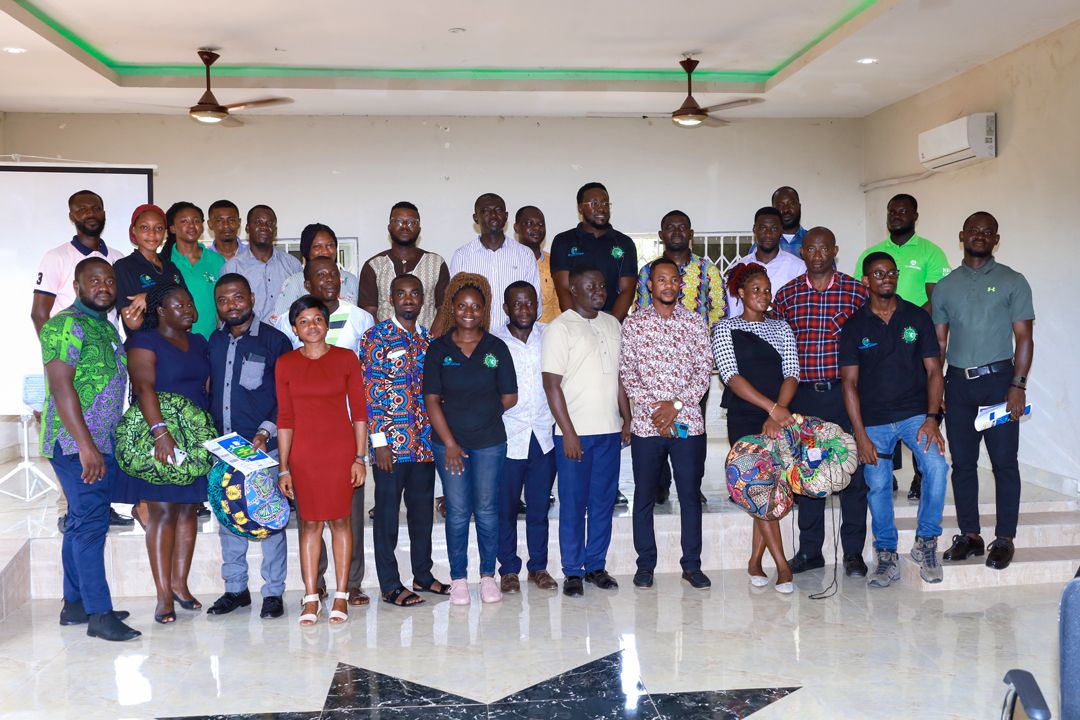
Education on renewable energy usage deepens
The Strategic Youth Network for Development (SYND) has organised a capacity building workshop for departmental heads in the Asante Akim North Municipal Assembly (AANMA).
The training was to engage participants on the mainstreaming of renewable energy and energy efficiency in the implementation plan of the Asante Akim North Municipal Assembly (AANMA) Assembly in the Ashanti Region of Ghana.
In his presentation on various international and national policies that had a bearing on renewable energy and energy efficiency at the training in Kumasi, a member of SYND’s Energy team, Maxwell Beganim, said the energy sector was one of the high emitting sectors which was key if Ghana is to achieve its net zero ambitions.
He explained that Ghana’s National Energy Framework seeks to minimise energy related indoor air pollution and its related illnesses.
“42,218 premature deaths can be avoided due to improvement in air quality and health. 30.05 million productive hours would be gained due to the upscale adoption of clean cooking fuels,” he said.
This, he said, would have a significant impact on women and children who are the main gatherers of firewood.
Barriers
However, he said limitations such as challenging investment climate; uncertainty of available resources; limited technology capacity; insufficient experience in renewable energy development; human and socio-economic challenges and information gap were some barriers to renewable energy development in the country.
He called for an information labelling to display information to be available to customers to help encourage energy efficiency in the country.
Speaking on behalf of the assembly, the Coordinating Director of the Asante Akyim North Municipal Assembly, Francis Adu-Boateng thanked SYND for the collaboration with the assembly to address issues of climate change and renewable energy including energy efficiency.
He said “we sometimes ignore the fact that energy usage needs to be used sustainably hence attention should be paid to energy efficiency.”
He advised participants that turning on the television, radio and fans without use were bad practices, which should be avoided if we want to conserve energy in our offices and home.
Instead, he said, one should ensure that gadgets were turned off if not in use because energy was expensive to generate and buy.
He anticipated that by the end of the workshop, attention will be turned to issues and plans on implementing, practicing and educating the inhabitants on conserving energy, preserving the ecosystem.
Mr Adu-Boateng gave an assurance of the Assembly’s unflinching support to implement projects on environmental sustainability and climate change to help sustain the environment.